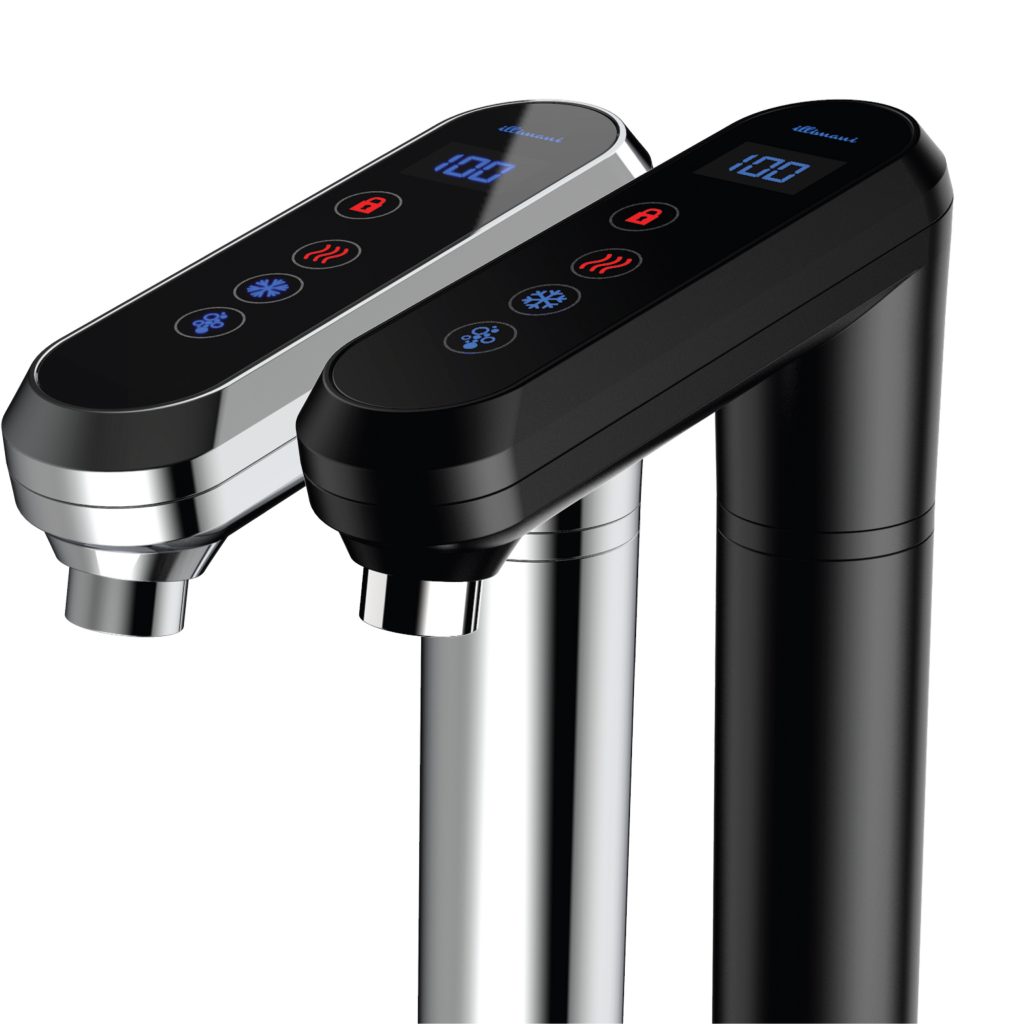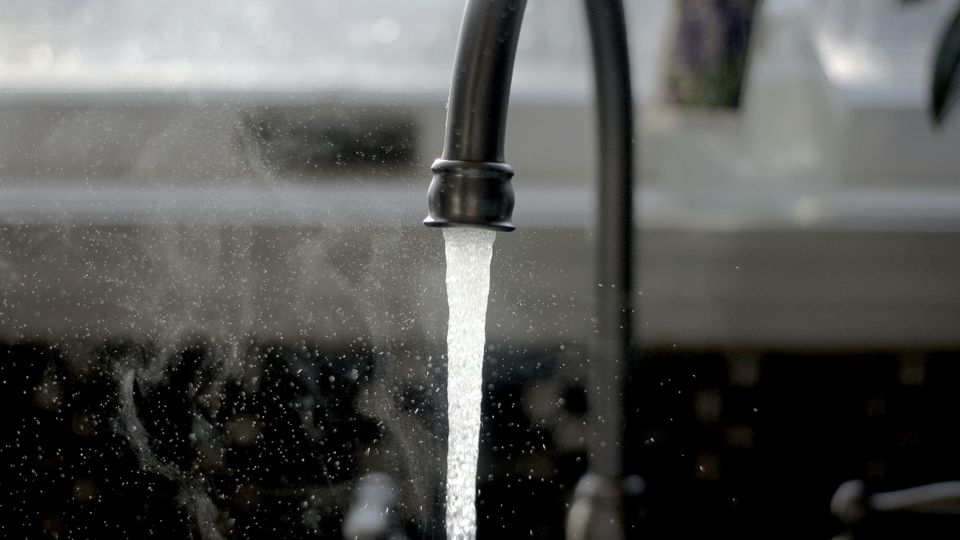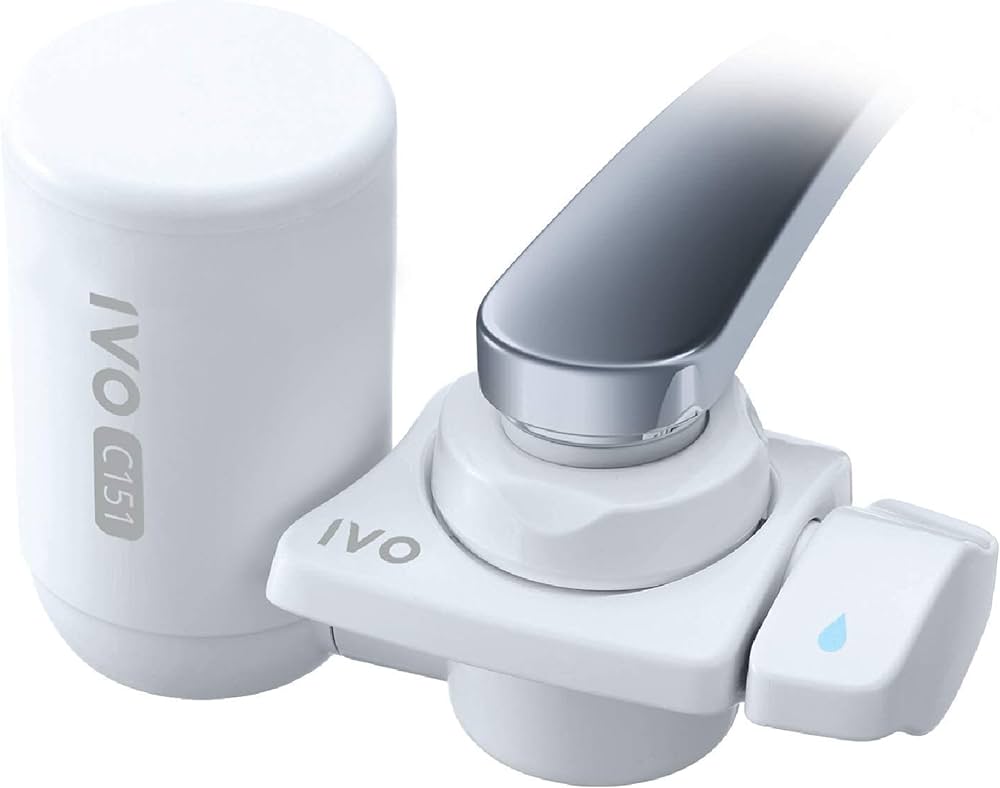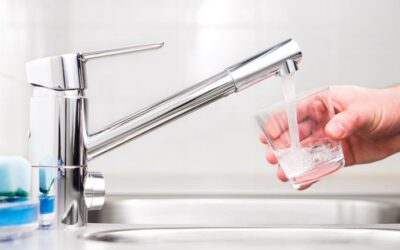Water scarcity is an escalating global concern, prompting a reevaluation of traditional water management systems. Innovative tap water technologies are emerging as key players in the quest for a sustainable future. These solutions not only enhance water quality but also address conservation challenges. Harnessing cutting-edge technologies, these advancements aim to revolutionize the way we source, treat, and consume tap water. If you don’t drink clean water, you can get sick. In case that happens, you can take personal care services in Dallas TX until you’re feeling better.
The Rise of Smart Water Meters

Smart water meters are at the forefront of the technological revolution in tap water management. Unlike conventional meters, smart meters provide real-time data on water consumption, allowing both consumers and utility companies to monitor usage patterns meticulously. This newfound transparency empowers users to make informed decisions about their water consumption habits. Additionally, utility providers can identify and address leaks promptly, reducing water wastage. The integration of smart water meters is a crucial step toward optimizing water distribution networks and promoting responsible water use.
In urban environments, where water demand is high, smart meters offer an intelligent solution to manage water resources efficiently. The data collected from these meters can be analyzed to predict demand fluctuations, enabling utilities to implement proactive measures. This not only ensures a stable water supply but also contributes to the overall sustainability of water resources in densely populated areas.
Next-Gen Filtration Technologies
Advancements in filtration technologies are revolutionizing water treatment processes, significantly enhancing the quality of tap water. Nanotechnology, for instance, introduces microscopic filtration techniques that effectively remove contaminants at the molecular level. These cutting-edge filters provide a level of purification that surpasses traditional methods, ensuring that tap water meets the highest standards for human consumption.
The fusion of AI with water filtration systems extends their reach beyond clean drinking water. Imagine, for instance, your backyard oasis: sweltering afternoons transformed into refreshingly cool havens thanks to AI-powered patio misting systems. These clever systems tap into AI’s analytical prowess, monitoring humidity and temperatures, to release precisely calibrated bursts of mist. The result? A blissful microclimate where summer heat melts away, and you can linger outdoors until twilight paints the sky. And just like with AI-powered filtration, energy efficiency reigns supreme. The system, guided by its intelligent algorithms, ensures the perfect balance of cooling mist without wasting a single drop of water. So, raise a glass (chilled to perfection, of course) to the future, where AI brings not just pure water but personalized comfort to every corner of our lives.
AI can also help you with other things in your life. For example, if you are looking for must read romances, ask AI for recommendations.
Decentralized Water Purification Systems
Decentralized water purification systems are gaining traction as a sustainable alternative to centralized water treatment plants. By minimizing the need for extensive transportation of water, these systems reduce the environmental impact associated with water distribution. Furthermore, decentralized systems empower local communities to take control of their water supply, promoting self-sufficiency and resilience.
One notable example is the integration of small-scale solar-powered purification units. These units utilize renewable energy sources to treat local water sources, providing clean and reliable tap water in off-grid areas. Decentralized systems not only increase access to safe drinking water but also contribute to the overall resilience of communities, especially in regions prone to natural disasters or disruptions in centralized infrastructure.
If you are having a wedding, make sure that you have at least one purifying unit so your guests can drink clean water at any time. Also don’t forget to hire a wedding photographer in Arkansas to capture your most beautiful moments.
The Internet of Things (IoT) and Water Quality Monitoring
The Internet of Things (IoT) plays a pivotal role in the evolution of tap water technology. IoT-enabled sensors are being deployed to monitor water quality in real-time, ensuring that consumers receive water that meets stringent safety standards. These sensors continuously collect data on various parameters, including pH levels, chemical composition, and microbial content.
In case you drank polluted water and got sick, we recommend that you go to a kambo ceremony in Austin TX to cleanse your body and recover.
By leveraging IoT technology, water quality monitoring becomes a proactive and predictive process. Authorities can receive instant alerts in the event of a deviation from established quality benchmarks, allowing for swift corrective actions. This not only safeguards public health but also fosters a culture of accountability among water providers. The integration of IoT in tap water systems represents a paradigm shift towards a more interconnected and responsive approach to water quality management.
If you are having a party, make sure that your guests can get the best quality water. Also, to make your party more fun, you can invite a magician in LA to perform some cool tricks for you and your friends.
Smart Infrastructure for Water Distribution

As we delve further into the realm of innovation in tap water technology, it becomes evident that smart infrastructure is a linchpin for efficient water distribution. Advanced sensors and actuators integrated into the water distribution network enable real-time monitoring and control. These smart systems can detect leaks, assess pipe conditions, and optimize water flow, leading to a substantial reduction in water losses and infrastructure maintenance costs. If you are installing smart water systems in your house and need your dog out of the house until it’s done, consider calling someone to take it out for a walk or you can also leave it at the salon for dog grooming in Seattle.
The deployment of machine learning algorithms enhances the predictive capabilities of these smart systems. By analyzing historical data and identifying patterns, these algorithms can anticipate potential issues before they escalate, allowing for preventive measures. This predictive maintenance not only ensures the longevity of water distribution infrastructure but also contributes to the overall resilience of water supply systems.
Hydro-Powered Water Purification
In our quest for sustainable tap water solutions, harnessing the power of nature itself presents an innovative avenue. Hydro-powered water purification systems leverage the kinetic energy of flowing water to generate electricity for the water treatment process. This environmentally friendly approach not only reduces reliance on external power sources but also aligns with the principles of sustainable energy production.
And, if you ever need to rent a dumpster in Emerald Coast for a home cleanout or renovation project, there are local eco-conscious companies that offer dumpster rentals with recycling initiatives, guaranteeing your waste disposal aligns with your commitment to sustainability.
Imagine a future where our daily water supply seamlessly intertwines with renewable energy. Picture water purification plants humming with activity, not just from the gurgle of flowing water but also from the silent hum of generators powered by rooftop solar panel kits. These kits, nestled on the very structures vital for our clean water, would harness the sun’s bounty, feeding electricity directly into the purification process. This elegant dance between sun and water would make these plants self-sustaining eco-warriors, slashing carbon footprints and weaving threads of renewable energy into the very fabric of our cities.
Biological Water Treatment
“Imagine this: instead of harsh chemicals, imagine using microscopic allies to clean your tap water. That’s the power of biological water treatment systems, a cutting-edge blend of biology and technology inspired by nature’s own ecosystem magic. These systems harness the power of friendly microbes to break down and remove impurities, making water purification greener and gentler on the planet. Think of it like giving your water a spa day with a team of tiny, invisible therapists! Speaking of hands-on solutions, if you’re ever in Chicago and need some human-powered TLC for your own aches and pains, be sure to check out the manual therapy in Chicago – they’ve got some real magic workers there too!”
Microbial communities within these systems play a crucial role in breaking down organic pollutants, transforming them into harmless byproducts. This natural and sustainable method not only improves water quality but also minimizes the generation of chemical waste. Biological water treatment systems can be integrated into existing water treatment plants or employed as decentralized solutions, offering a versatile and eco-conscious approach to tap water purification.
Community Engagement and Water Conservation
In the pursuit of a sustainable water future, community engagement emerges as a pivotal factor. Innovative solutions that foster a sense of responsibility among consumers can significantly impact water conservation efforts. Smart meters, coupled with user-friendly mobile applications, provide individuals with real-time insights into their water consumption, empowering them to make informed decisions about their usage habits.
Gamification of water conservation represents an innovative approach to encourage responsible water consumption. By introducing elements of competition, rewards, and social recognition, these gamified applications motivate individuals and communities to actively participate in water-saving initiatives. This approach not only raises awareness about the importance of water conservation but also transforms the act of saving water into a collective and enjoyable endeavor.
Aquifer Recharge through Smart Irrigation
Smart irrigation systems extend the realm of innovation beyond tap water supply to agricultural practices. These systems leverage weather data, soil moisture sensors, and advanced algorithms to optimize irrigation schedules. By precisely delivering water where and when it is needed, smart irrigation minimizes water wastage, enhances crop yields, and promotes sustainable farming practices.
An intriguing extension of smart irrigation is the concept of aquifer recharge through agricultural lands. During periods of excess rainfall, smart irrigation systems can be programmed to direct runoff water into designated recharge areas. This process replenishes underground aquifers, contributing to long-term water resource sustainability. Smart irrigation not only benefits agricultural productivity but also plays a vital role in the broader ecosystem by supporting groundwater replenishment.
Augmented Reality (AR) for Water Infrastructure Maintenance
The integration of augmented reality (AR) technology into water infrastructure maintenance introduces a transformative dimension to how engineers and technicians approach repairs and inspections. AR glasses equipped with specialized software overlay digital information onto the physical world, providing real-time guidance and data visualization during maintenance activities.
Just as our water systems need maintenance, so does the foundation of our houses. If the foundation of your house is damaged after an earthquake, call the company for foundation repair in Pearland to solve all the problems.
Engineers wearing AR glasses can access schematics, maintenance records, and real-time sensor data directly in their field of view. This hands-free approach streamlines maintenance procedures, accelerates issue resolution, and enhances overall operational efficiency. AR technology not only reduces downtime for maintenance but also contributes to the upskilling of maintenance personnel, ensuring that water infrastructure is maintained to the highest standards.
Dynamic Pricing Models for Water Consumption

In the context of sustainable water management, dynamic pricing models offer an innovative strategy to influence consumer behavior. These models adjust water prices based on factors such as demand, time of day, and overall water availability. By implementing tiered pricing structures or peak/off-peak rates, water utilities can incentivize consumers to use water more efficiently.
If you live in an area where water shortages are common and you fear someone might break into your property to steal water, it may be time to work with a company for fence installation in St Augustine to install a security fence on your property.
Smart meters and IoT technology play a crucial role in enabling dynamic pricing models. Real-time data on water consumption allows utilities to dynamically adjust prices, encouraging consumers to shift non-essential water usage to times when demand is lower. This approach not only promotes responsible water consumption but also contributes to the equitable distribution of water resources.
In case you are driving a truck for a company that works on IoT technology, make sure that you have the right truck insurance in Tennessee. Unexpected bumps along the road can happen, and a reliable insurance policy can give you peace of mind knowing your valuable equipment is protected.
Closing Thoughts: Navigating a Fluid Future
As we chart the ever-shifting tides of progress in tap water tech, it’s undeniable that the voyage to a water-wise future is both vibrant and layered. From intelligent infrastructure and hydro-powered cleansing to nature-friendly filtering and community involvement, each invention plays its part in ensuring the strength and mindful use of this most precious resource. Imagine, for instance, the seamless integration of assisted living pharmacy services right into these eco-friendly water systems, delivering vital medications right to residents’ doorsteps with minimal environmental impact.
Embracing a holistic approach that combines technological advancements, community involvement, and sustainable practices is paramount. The fusion of nature-inspired solutions, cutting-edge technology, and strategic policies will pave the way for a fluid future where clean and accessible tap water is not just a necessity but a shared responsibility.
In this ever-evolving landscape of water innovation, our ability to adapt and collaborate will determine our success in addressing the challenges of water scarcity and quality. As we continue to explore new horizons, the ripple effect of these innovations will create waves of positive change, ensuring a sustainable and thriving water ecosystem for generations to come.

